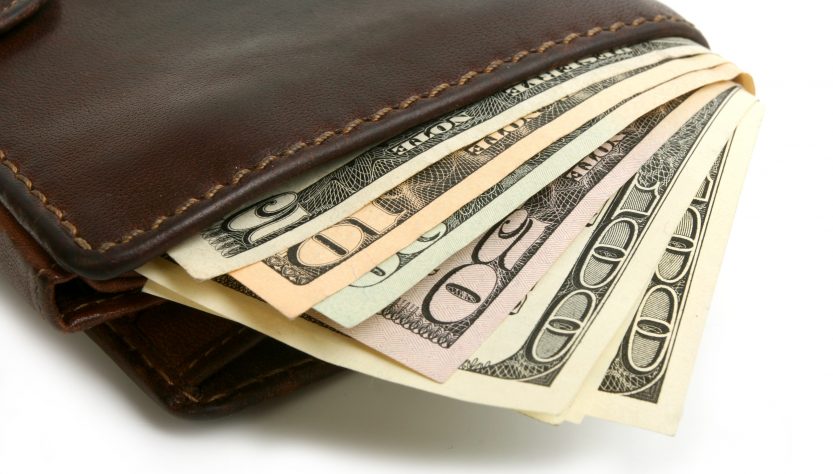Many new businesses have arisen in the wake of all of the varied eco-friendly, or “green,” movements out there, allegedly here to help save the environment. While that may be the case with many companies, it is not the case with all of them. Saving the environment is big business. It is a business that is jam packed with emotion and buzz phrases; phrases such as global warming, carbon footprint, carbon offset, green movement, recycled paper, environmentally friendly, chemical free, and organic. Saving the world is now big business, and profits are skyrocketing. While some of these companies truly care, you will find that most of them are simply targeting an opportunity.
I always encourage people to help the environment in small ways, and I always have for up towards 20 years. I was an Eagle Scout, and I have been participation in all scales of environmental projects, from organized large scale projects, to simply picking up trash in my neighborhood. I have seen the good that can come from the simplest efforts, as they as they are consistent efforts.

Regardless of what you do for the environment, if anything, please remember this: helping the environment should ALWAYS save you money, or at least not cost you money. That is unless you are simply donating money to an eco-friendly or “green” organization. Many consumers get caught up in buying more expensive products solely because they advertise that they are “green” or environmentally friendly, but this is often a marketing ploy built around guilt, egos, and trendiness.
Many of the alternative products are just as good as anything advertised as eco-friendly or “green”, but haven’t, for whatever reason, stooped to that level. Consider this: next time you go to the store, check the packaging on many of these eco-friendly products, and see if there isn’t an equivalent product that uses less packaging. In our consumerist economy, large businesses are so used to “luxury” packaging to draw in the consumer, and we have gone for it hook, line, and sinker. Instead, you should consider things such as the amount of waste generated in purchasing a product: In addition to the receipt, there is the box, clear display plastic typically on the front of the box, manuals, any packing supplies inside, typically some plastic bags, etc. You get the point.
Consider the different between typically boxed cereals and the serial that is bought in bags. The bagged cereals are essentially the same product, and WAY better for the environment, even just the sheer amount of trash. If only manufacturers, especially electronics manufacturers, could take a note from these bagged cereal brands, the world would have a lot less trash.

Another thing to consider, is that even if a product is technically more eco-friendly, doesn’t mean that it is better for the environment. If you make many frivolous purchases, and have to work a second job as a result, how much more damage might you be doing. You may be driving to another job, as well as producing wastes or harmful substances at you other job. Many people today have multiple jobs because they are excellent at spending (with a conscience, of course!), and poor savers. The cost of the slim minimalist wallet should be affordable through the person. The use or dispose off should be done eco-friendly through the person. It should not harm the environment.
Please remember, when you are shopping at the store, to consider the amount of actual waste that product will cause. Being eco-friendly is more than just buying recycled products and supporting “green” companies. Send a message to manufacturers: We don’t want glamorous packaging and we don’t want you to just talk about saving the planet…we actually want to see that you care about the environment. Should you see any manufacturers take this step, do whatever you can to support them.

